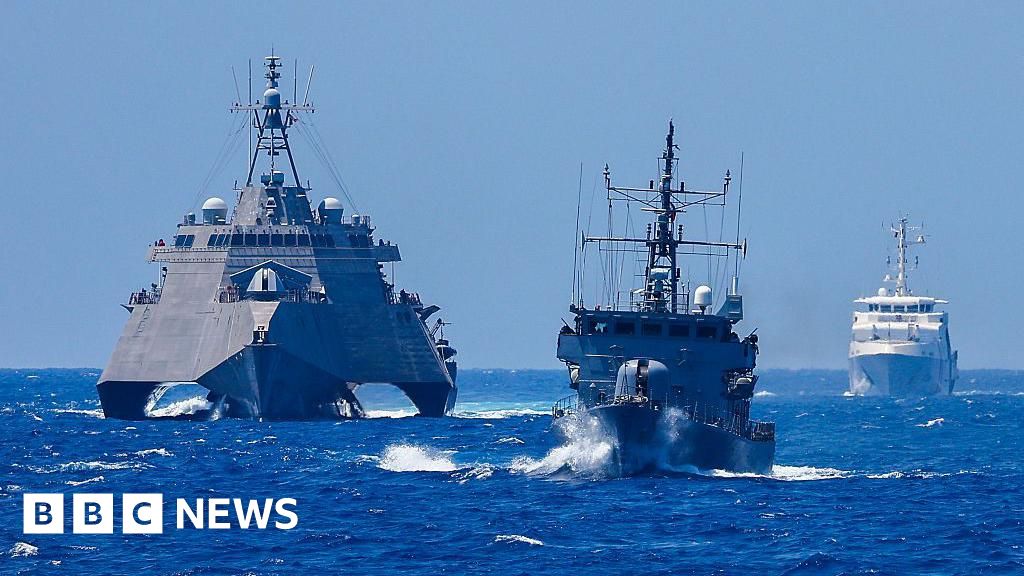ASEAN, Gulf States, and China Unite at Summit Amid US Tariff Concerns

Hanoi, Vietnam – The Association of Southeast Asian Nations (ASEAN) kicked off a significant summit today, bringing together leaders from China and six Gulf Cooperation Council (GCC) nations. This tripartite summit, held amidst growing global economic uncertainty and the looming threat of US tariffs, aims to strengthen economic cooperation and build resilience within the region.
The summit, hosted in Hanoi, Vietnam, serves as a platform for discussions on trade, investment, and collaboration in key sectors like energy, technology, and sustainable development. Officials emphasized the importance of diversifying economic partnerships and fostering a stable regional ecosystem in the face of fluctuating global markets. The backdrop of escalating US-China trade tensions and the potential for further tariffs has undoubtedly added a layer of urgency to the proceedings.
Economic Resilience in a Volatile World
ASEAN member states, along with their Gulf and Chinese counterparts, are keenly aware of the vulnerabilities created by global volatility. The summit provides an opportunity to explore avenues for reducing dependence on single markets and building more robust supply chains. Discussions are expected to focus on attracting foreign direct investment, promoting regional trade agreements, and developing infrastructure projects that connect the three blocs.
“This summit is a testament to our commitment to strengthening regional economic ties and fostering a more resilient and diversified economy,” stated a senior ASEAN official. “We believe that by working together, we can navigate the challenges ahead and create new opportunities for growth and prosperity.”
Strategic Partnerships and Shared Interests
The collaboration between ASEAN, the GCC, and China represents a significant shift in regional dynamics. The GCC nations, rich in energy resources, are actively seeking to expand their investments and partnerships in Southeast Asia, while China’s economic influence continues to grow. ASEAN, positioned at the heart of this intersection, benefits from increased trade and investment flows.
Beyond economics, the summit is expected to touch upon issues of security, climate change, and digital transformation. Shared concerns about cybersecurity and the need for sustainable development are likely to feature prominently in the discussions.
The US Tariff Factor
While not officially on the summit agenda, the potential impact of US tariffs on regional trade cannot be ignored. ASEAN nations are heavily reliant on exports, and any disruption to global trade flows could have significant consequences. The summit participants are likely to subtly address the need for a stable and predictable international trading system.
The tripartite summit is anticipated to conclude with a joint statement outlining key areas of cooperation and a roadmap for future engagement. Observers believe that the summit’s success will hinge on the ability of the three blocs to translate their shared interests into concrete actions and tangible benefits for their citizens. The event underscores the growing importance of Asia in the global economy and the region's determination to chart its own course in an increasingly complex world.






